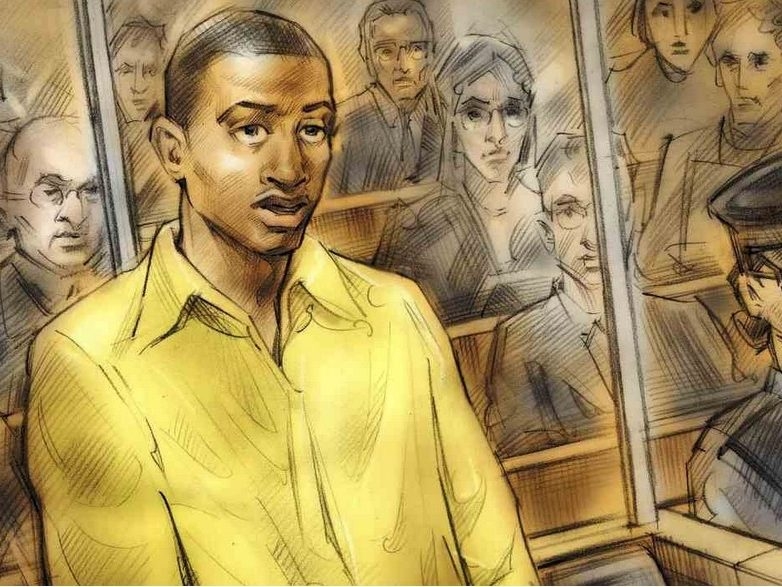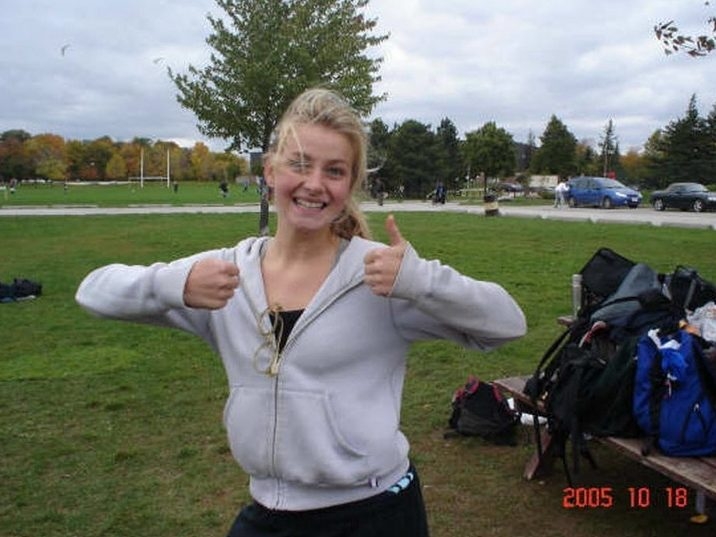A shadow has fallen once more over the Boxing Day shooting that claimed the life of fifteen-year-old Jane Creba in 2005. Jeremiah Valentine, one of the four men convicted in the tragic incident, has had his full parole revoked just months after being granted complete freedom.
The revocation stems from a shocking accusation: Valentine is now facing a first-degree murder charge in connection with a July shooting in Montreal. Details, still unproven in court, paint a disturbing picture of escalating violence and a life seemingly unable to escape its past.
According to information presented to the Parole Board of Canada, the incident began with a dispute over a romantic encounter. Valentine allegedly attempted to initiate a relationship with the partner of the victim, Abdeck Kenedith Ibrahim, and returned with a firearm twenty minutes later after leaving the premises.

This latest development is particularly chilling considering Valentine’s history and the assessments made prior to his release. A psychological evaluation conducted in 2021, and re-validated in 2023, indicated a 76% probability of violent reoffending within five years should he be released.
Despite this high risk assessment, the parole board determined Valentine no longer posed an “undue risk” to the community, citing “observable and measurable” changes during his incarceration and a commitment to a “pro-social existence.” That assessment is now under intense scrutiny.
The original Creba shooting, a chaotic exchange of gunfire near the Eaton Centre, resulted in the tragic death of an innocent bystander. While it was never definitively determined who fired the fatal shot, prosecutors believed a .357 Magnum bullet fired by Valentine caused Creba’s death.

Valentine pleaded guilty to second-degree murder in 2009 and received a life sentence with no possibility of parole for twelve years. His release on day parole in November 2023, followed by full parole in January, had offered a glimmer of hope – a hope now extinguished by these new allegations.
This isn’t an isolated case. Other individuals convicted in connection with Creba’s death have also found themselves back in conflict with the law. Louis Woodcock and Tyshaun Barnett, both convicted of manslaughter, served only four years of their twelve-year sentences before being implicated in further crimes.
Woodcock was convicted of marijuana possession and later arrested on firearm and drug charges. Barnett, involved with the Eglinton West Crips, faced drug offenses and ultimately received an eleven-year sentence for a revenge shooting in Ottawa, firing shots into a man’s legs despite a lifetime weapons ban.
The unfolding events serve as a stark reminder of the enduring consequences of violence and the complex challenges of reintegrating offenders back into society. The case raises difficult questions about risk assessment, parole decisions, and the lasting impact of tragedy on victims, their families, and the community.



